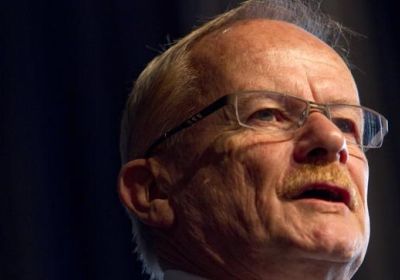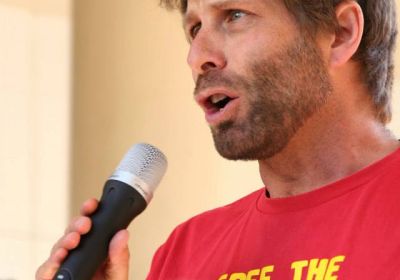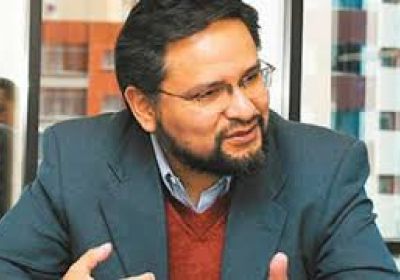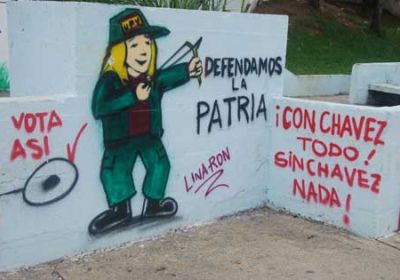
The Business Council of Australia (BCA) is a powerful right-wing lobby for big corporations, which has spearheaded the push for deregulation and privatisation in Australia for four decades.
It has also led the war on trade unions and the promotion of individual contracts to replace collective bargaining.





